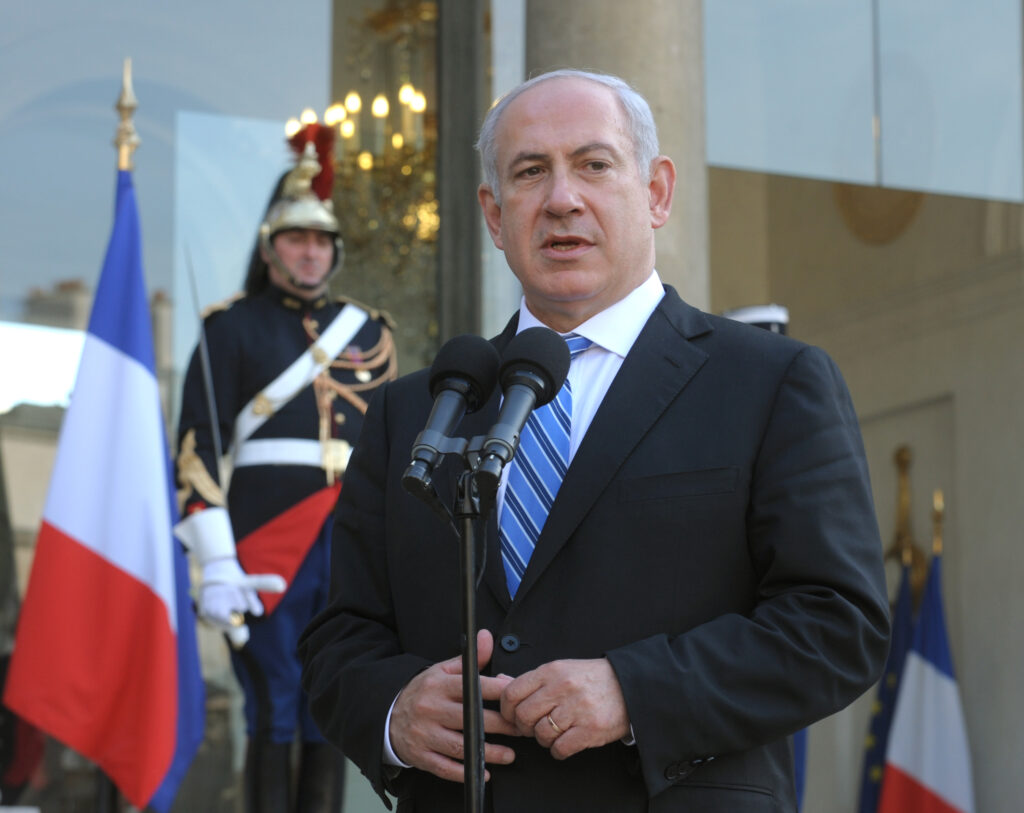October 21, 1949
Benjamin Netanyahu, the ninth and longest-serving Prime Minister of Israel, is born in Tel Aviv. Although he spends a good portion of his childhood in Philadelphia, Netanyahu returns to Israel in 1967 to fulfill his service in the IDF, eventually serving in the elite Sayeret Maktal unit until 1972.
After his army service, Netanyahu returns to the United States, where he attends MIT, interrupting his studies to go back to Israel to participate in the October 1973 Yom Kippur War. He completes his degrees and remains in Boston, where he works as a consultant. After his brother, Yonatan, is killed during the 1976 rescue in Entebbe, he returns to Israel in 1978 and begins advocating for action against global terrorism.
His command of the English language from his years living in the United States brings him to the attention of many in the political arena, and in 1982 he begins serving as a staff member in the Israeli Embassy in Washington. From 1984 to 1988 he is Israel’s ambassador to the United Nations. During this period, he is frequently used as a speaker to defend and promote Israel in the American media.
Elected as a Likud Knesset member in 1988 and as chairman of the Likud party in 1993, he is an outspoken critic of Prime Minister Yitzhak Rabin and the Oslo peace process with the Palestinians. In 1996 Netanyahu defeats incumbent Shimon Peres and becomes Prime Minister.
Despite his earlier opposition to Oslo and negotiations with the Palestinians, Netanyahu tries negotiating with Palestinian leader Yasser Arafat while insisting that the Palestinians be held to implementing the security aspects of their agreements. Plagued by a series of scandals involving himself and some of his ministers, he is forced to call for new elections in 1999 and is soundly defeated by Ehud Barak. He leaves politics but returns to the Knesset in 2002 and becomes Minister of Foreign Affairs and then Minister of Finance under Ariel Sharon before resigning from the government over Israel’s unilateral 2005 disengagement from Gaza.
When Sharon leaves Likud to found Kadima, Netanyahu once again becomes Likud chairman. He maintains his chairmanship despite a poor showing by Likud in the 2006 elections. In 2009, he becomes Prime Minister again and is re-elected in 2013. In 2021, after the fourth election in two years, Netanyahu becomes head of the opposition when Likud is displaced by a broad coalition led by Naftali Bennett of the New Right and Yair Lapid of Yesh Atid. He returns as prime minister at the end of 2022 after another election.









